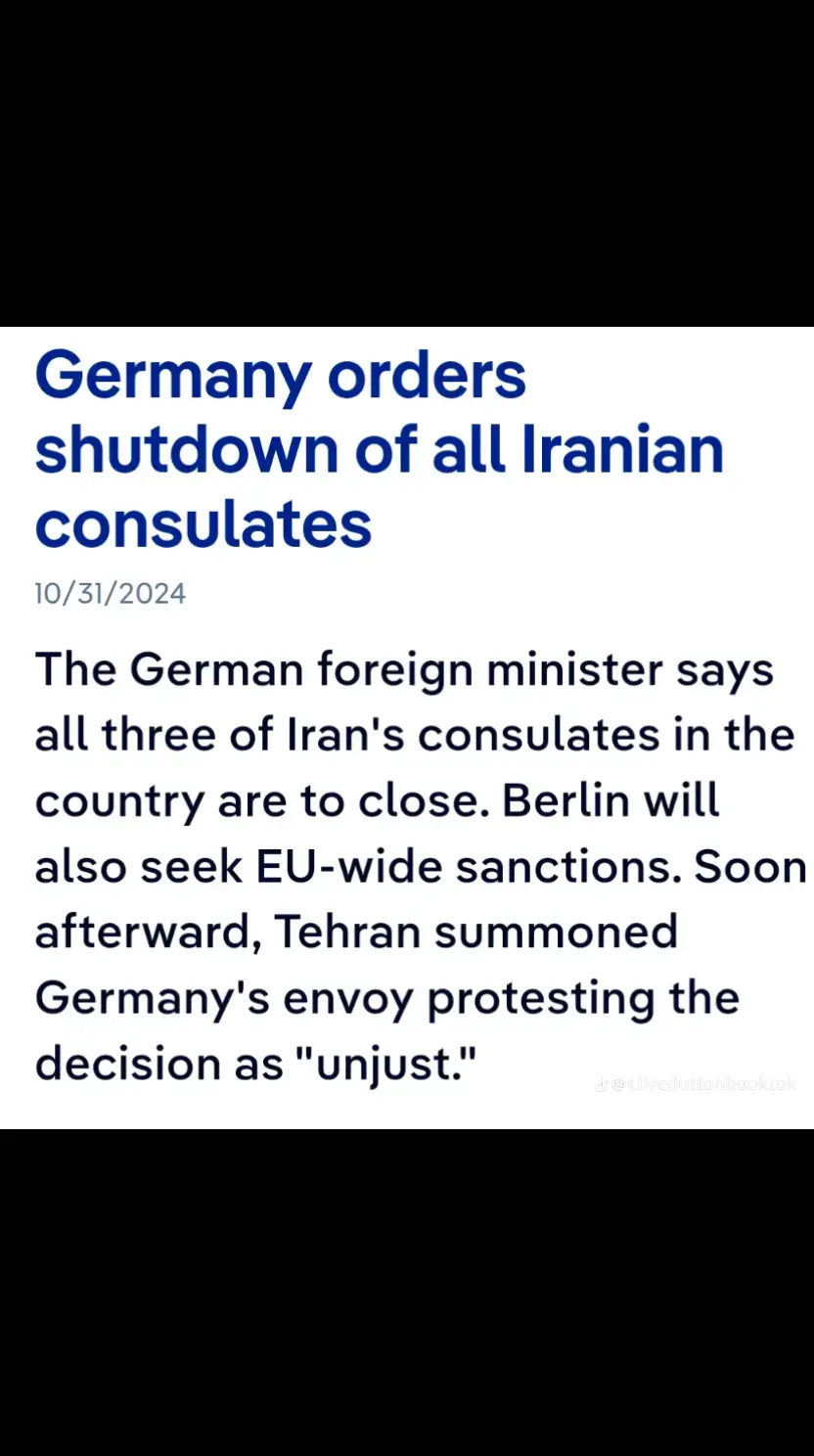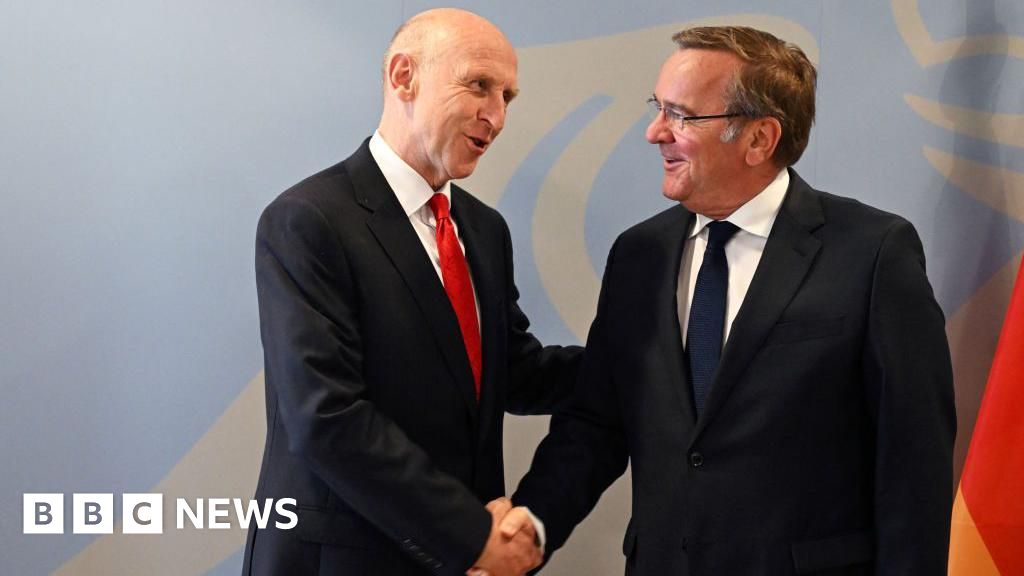Hallo zusammen! 🌟
Vielleicht habt ihr euch gefragt, warum es in letzter Zeit etwas ruhiger um mich geworden ist - sowohl beim Schreiben als auch beim Herbstmarkt. Das hatte zum einen mit privaten Dingen zu tun, zum anderen hat der kreative Teil auch seinen Raum eingenommen: Ich war intensiv damit beschäftigt, Bilder für einen neuen Kalender auszuwählen und zu bearbeiten. 📸✨
In den nächsten Tagen werde ich die Bilder nach und nach als Vorschau hochladen. Ich würde mich sehr freuen, wenn ihr vorbeischaut und eure Gedanken oder Anmerkungen dazu in den Kommentaren hinterlasst. Danke, dass ihr dabei seid und mich auf dieser kreativen Reise begleitet! 🙏😊
Hello everyone! 🌟
You may have wondered why things have been a little quieter around me recently - both in terms of writing and the autumn market. On the one hand, this had to do with personal matters, on the other hand, the creative part has also taken its place: I've been busy selecting and editing images for a new calendar. 📸
Over the next few days, I'll be uploading the images one by one as previews. I would be very happy if you would stop by and leave your thoughts or comments in the comments. Thank you for joining me on this creative journey! 🙏😊
Bonjour à tous ! 🌟
Vous vous êtes peut-être demandé pourquoi j'étais un peu plus calme ces derniers temps - aussi bien pour l'écriture que pour le marché d'automne. Cela était lié d'une part à des choses privées, et d'autre part, la partie créative a également pris sa place : J'ai été intensément occupée à sélectionner et à retoucher des photos pour un nouveau calendrier. 📸✨
Dans les prochains jours, je téléchargerai les images au fur et à mesure sous forme d'aperçu. Je serais très heureux si vous passiez par là et si vous laissiez vos pensées ou vos remarques dans les commentaires. Merci d'être là et de m'accompagner dans ce voyage créatif ! 🙏😊
#Calendrier2025 #Photos #Smartphone #Macro #Photographie_de_la_nature #Allemagne #Vogelsberg #Précommande @Follower #follower
#calendar2025 #photos #smartphone #macro #naturephotography #Germany #Vogelsberg #pre-order @follower #follower
#DiebsteinerGärtchen #Kalender2025 #Fotos #Smartphone #Makro #Naturfotografie #Deutschland #Vogelsberg #Vorbestellung @Follower #follower
















